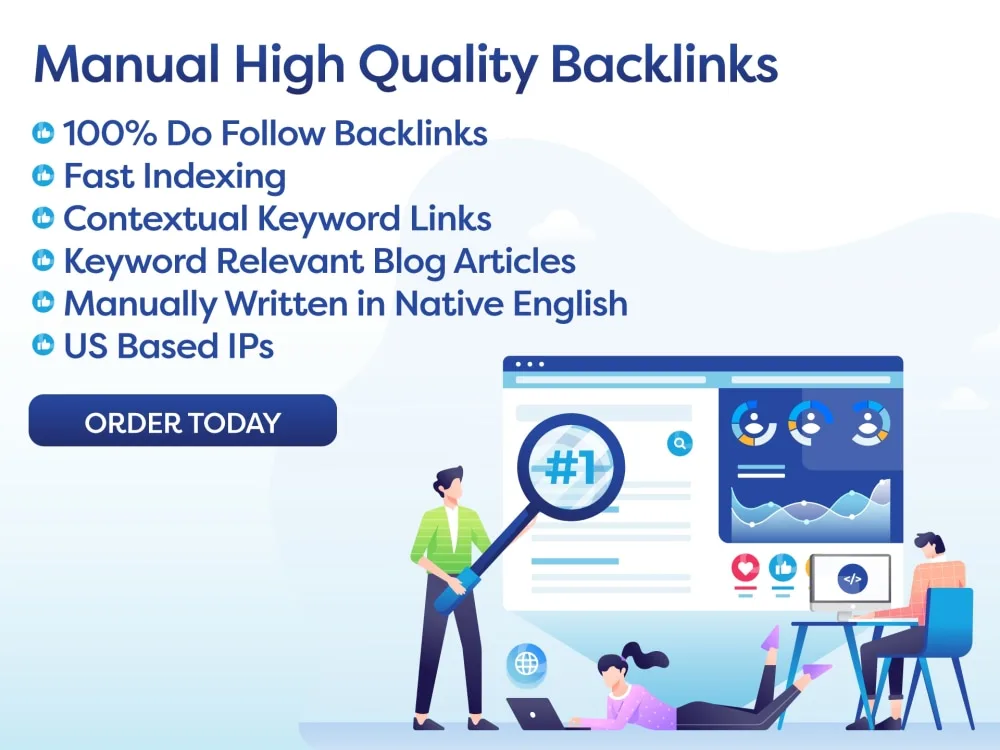SEO is crucial for content publishers to increase visibility and drive traffic. Key strategies include keyword research, on-page optimization, quality content creation, and link building. Implementing these techniques can improve search rankings and attract more visitors. Conduct keyword research, optimize on-page elements, create engaging content, and build a strong backlink profile. Results from SEO efforts may take weeks to months to see noticeable improvements. While hiring an SEO agency can be beneficial, it is not always necessary with the right knowledge, tools, and dedication. Prioritize SEO to enhance online visibility and achieve digital marketing goals.
Excerpt:
SEO for content publishers is crucial for boosting visibility and increasing website traffic. Discover effective strategies to optimize your content and elevate your search rankings today!
Introduction:
Welcome, SEO Beginners! In the vast realm of digital marketing, Search Engine Optimization (SEO) is an indispensable tool for content publishers seeking to amplify their online presence, drive traffic to their sites, and expand their audience. The implementation of effective SEO strategies can determine whether your content gets lost in search engine results pages or rises to the forefront for your target audience to uncover. This article delves into key SEO techniques tailored for content publishers, equipping you with the knowledge and tools necessary to enrich your online footprint.
Key Takeaways:
1. Importance of keyword research in content optimization:
Strategic keyword research is vital for content optimization. By pinpointing relevant keywords and integrating them strategically throughout your content, you can heighten your chances of securing higher rankings in search engine results pages (SERPs), driving more organic traffic to your website.
2. On-page SEO techniques for content publishers:
Fine-tuning your on-page elements such as titles, meta descriptions, headings, and URLs can have a profound impact on your search rankings. By ensuring these elements are optimized for target keywords and user experience, you can enhance the visibility and performance of your content in search engines.
3. Quality content creation and SEO:
Crafting high-quality, engaging, and informative content is paramount for successful SEO among content publishers. By producing content that resonates with your audience, delivers value, and fosters engagement, you can attract backlinks and boost your overall SEO performance.
4. Link building strategies for content publishers:
Establishing a robust and diverse backlink portfolio is essential for SEO success. By earning top-notch inbound links from reputable websites, you can bolster your website’s authority and credibility in the eyes of search engines, leading to higher search rankings and increased organic traffic.
Key Points:
1. Importance of Keyword Research in Content Optimization
– Keyword research is the cornerstone of successful SEO for content publishers.
– Utilize tools like Google Keyword Planner or SEMrush to identify pertinent keywords with high search volume and low competition.
– Seamlessly integrate target keywords throughout your content, including titles, headings, meta descriptions, and body text, to enhance your prospects of ranking higher in SERPs.
2. On-Page SEO Techniques for Content Publishers
– Optimize titles, meta descriptions, headings, and URLs for target keywords.
– Employ descriptive and keyword-rich headings to aid search engines in understanding your page content.
– Ensure your website is mobile-friendly and loads swiftly, as page speed and mobile responsiveness are critical ranking factors for search engines.
3. Quality Content Creation and SEO
– Emphasize creating high-quality, valuable, and engaging content that resonates with your audience.
– Diversify content formats like articles, blog posts, infographics, videos, and podcasts to maintain audience engagement and attract backlinks.
– Prioritize user experience by structuring your content logically, employing clear formatting, and including relevant internal links to other pages on your site.
4. Link Building Strategies for Content Publishers
– Secure backlinks from reputable sites in your niche through guest blogging, influencer collaborations, and content partnerships.
– Steer clear of spammy link building practices like purchasing links or engaging in link schemes, as they can lead to penalties from search engines.
– Regularly monitor your backlink profile with tools like Ahrefs or Moz to detect and disavow any toxic or harmful links that could hinder your SEO performance.
Action Plan:
1. Conduct keyword research tailored to your audience and industry using tools like Google Keyword Planner or SEMrush.
2. Optimize your on-page elements, including titles, meta descriptions, headings, and URLs, for target keywords.
3. Generate high-quality, captivating, and informative content that adds value to your audience.
4. Implement link building strategies to earn backlinks from reputable sites in your niche and enhance your website’s authority.
Conclusion:
In conclusion, SEO serves as a linchpin for content publishers looking to amplify online visibility, drive organic traffic, and expand their audience. By embracing key SEO techniques catered to content publishers, you can elevate your search rankings, attract more visitors to your website, and reach your digital marketing objectives. Remember to prioritize keyword research, on-page optimization, quality content creation, and link building in your SEO strategy to maximize your online success.
FAQ:
Q: How long does it take to see results from SEO for content publishers?
A: The timeline for observing results from SEO varies based on factors like industry competitiveness, content quality, and SEO strategy efficacy. Generally, it may take weeks to months to witness noticeable enhancements in search rankings and organic traffic.
Q: Is it essential to enlist an SEO agency to enhance SEO for content publishers?
A: While engaging an SEO agency can offer expertise and resources to amplify your SEO endeavors, it may not always be necessary. With the right knowledge, tools, and dedication, you can effectively optimize your content for search engines and achieve SEO success independently.

